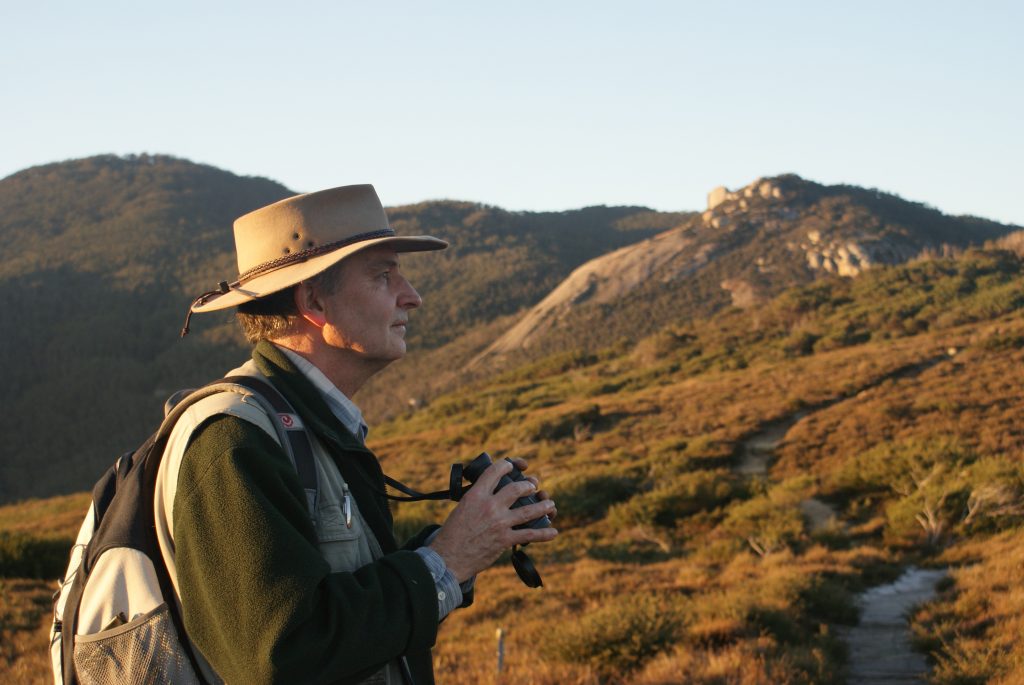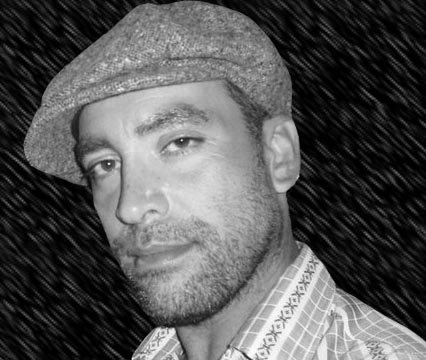Inappropriate fire regimes are recognized as a key threatening process to bird conservation globally, but particularly in Australia. Fire management often aims to maintain a “mosaic” of patches of differing fire history (pyrodiversity); assuming this will cater for the greatest variety of species. We tested this assumption across a 104,000 km2 area of the Murray Mallee region of southern Australia. We compared avian diversity in 28 ‘whole’ landscapes, representing different fire-driven mosaics.
Using a novel technique to age and map vegetation we demonstrated that fire influences mallee vegetation for over a century, particularly key habitat resources (e.g. tree hollows). We found little evidence that bird diversity was related to the diversity of fire age classes in a landscape. Similarly, there was little evidence of the importance of pyrodiversity for individual species. Instead, a key driver for all groups was the spatial extent of ecologically important fire age classes; in particular, the spatial extent of long-unburned mallee vegetation.
We used models of species distributions to evaluate the consequences for threatened bird species of alternative management scenarios for fire for the next twenty years. We evaluated the likely effect of planned burning programs that burnt 1%, 3% or 5% of public land annually. The outcomes of this work have provided an assessment of the relative risk of extinction for these species. This research has transformed understanding of how fire affects these threatened species in the region and has been embraced by fire managers and contributed to significant change in fire management policy.

Prof. Mike Clarke
Department of Ecology, Environment and Evolution
La Trobe University, Australia
http://www.latrobe.edu.au/ecology-environment-evolution/research/specialisations/fire-ecology


